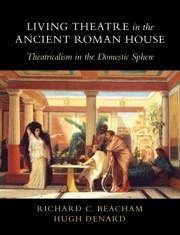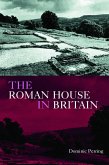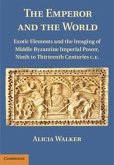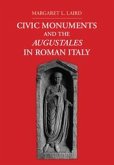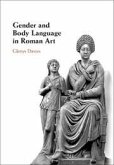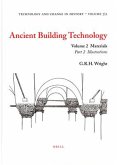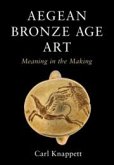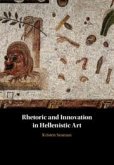"This sumptuously illustrated book, the result of extensive interdisciplinary research, is the first to explore, describe and illustrate how ancient Roman houses and villas, in their dâecor, spaces, activities and function, were highly-theatricalised environments, indeed, a sort of 'living theatre'. Their layout, purpose, and use reflected and informed a culture in which theatre was both a major medium of entertainment and communication, and an art form drawing upon myths expressing the core values and beliefs of ancient society. For elite Romans, their homes - as veritable stage-sets - served as a major visible and tangible expression of their prestige, importance, and achievement. The Roman home was a carefully crafted realm in which to display themselves, while 'stage-managing' the behaviour and responses of visitor-spectators"--

